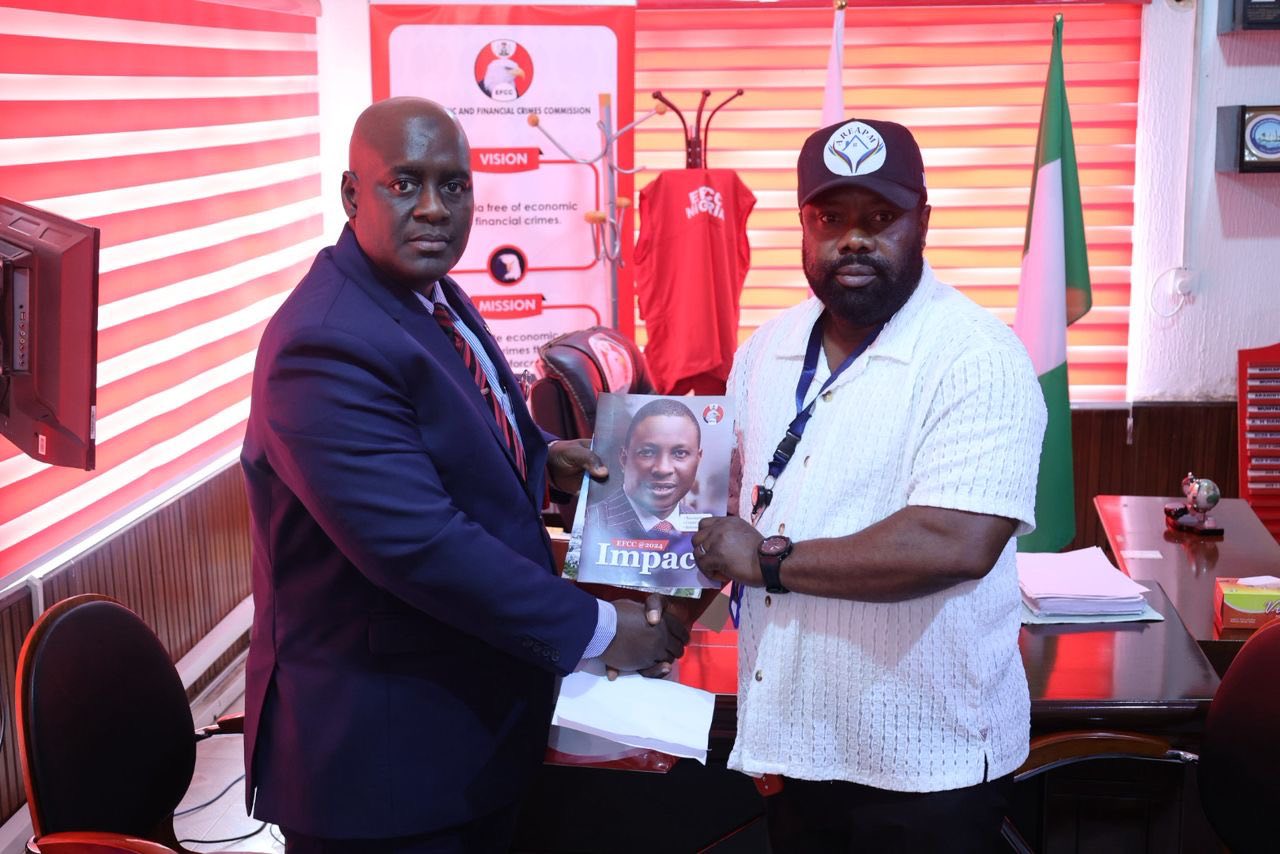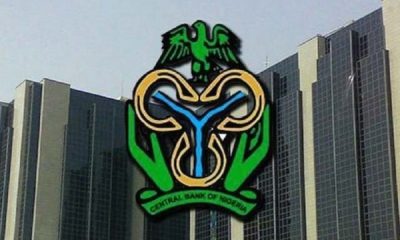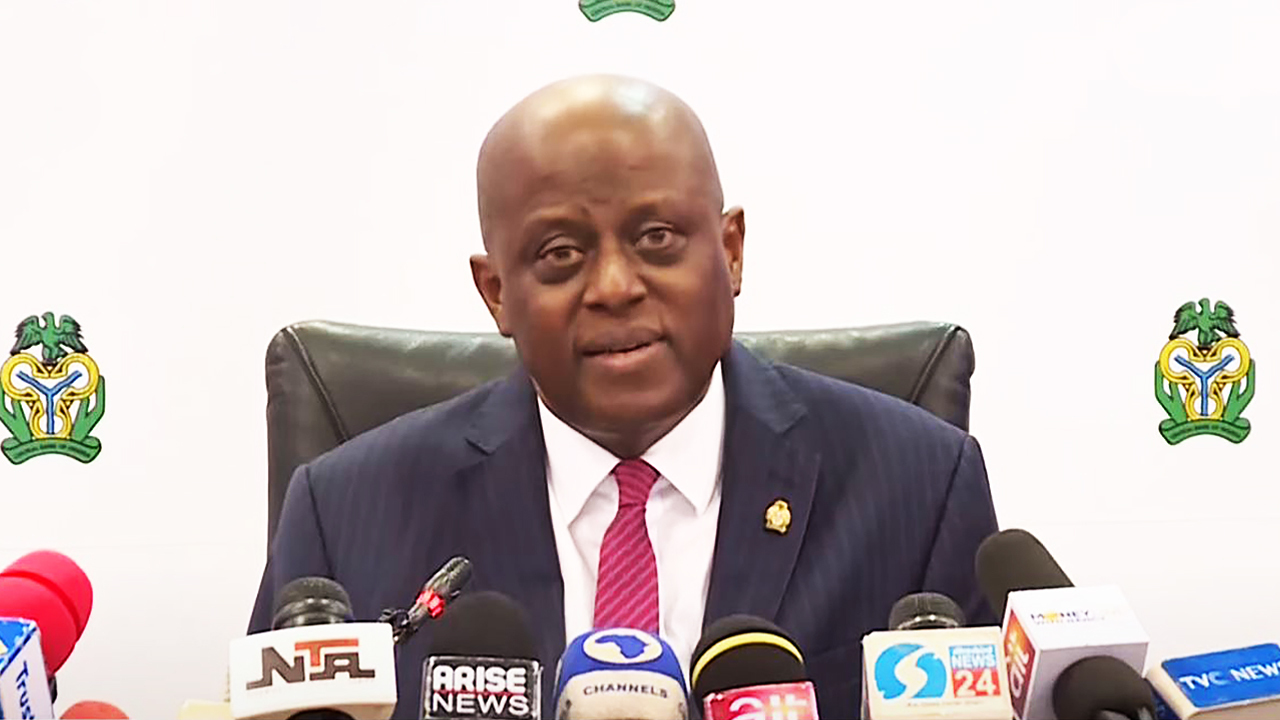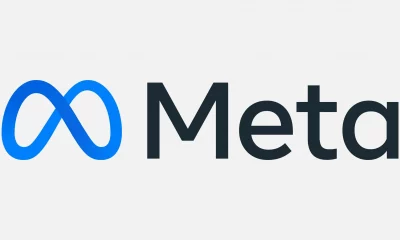General
SERAP Sues Tinubu Over Missing Oil Revenues, Refineries Repair Fund

By Adedapo Adesanya
The Socio-Economic Rights and Accountability Project (SERAP) has filed a lawsuit against President Bola Tinubu over the failure of his administration to probe the allegations that over $15 billion in oil revenues and N200 billion budgeted to repair the refineries in Nigeria are missing and unaccounted for between 2020 and 2021.
The allegations were contained in the 2021 report by the Nigeria Extractive Industries Transparency Initiative (NEITI).
A statement signed by SERAP’s Deputy Director, Kolawole Oluwadare, on Sunday, disclosed that the suit, with the number FHC/L/CS/2334/2023, was filed last Friday at the Federal High Court in Lagos.
SERAP is seeking: “an order of mandamus to direct and compel President Tinubu to probe the allegations that US$15bn of oil revenue, and N200bn budgeted to repair and maintain the refineries in Nigeria are missing and unaccounted for.”
In the suit, SERAP is also seeking an order of mandamus to compel President Tinubu to direct appropriate anti-corruption agencies to probe allegations of corruption involving the Nigerian Petroleum Development Company Limited, Nigerian Upstream Petroleum Regulatory Commission (NPDC) and State Owned Enterprises (SOE).
The group is also seeking:m an order of mandamus to compel President Tinubu to use any recovered proceeds of corruption to enhance the well-being of Nigerians.
It argued that, “There is a legitimate public interest in ensuring justice and accountability for these serious allegations. Granting the reliefs sought would end the impunity of perpetrators and ensure justice for victims of corruption.”
“The allegations of corruption documented by NEITI undermine economic development of the country, trap the majority of Nigerians in poverty and deprive them of opportunities,” it added.
According to the organisation, “Unless the President is directed and compelled to get to the bottom of these damning revelations, suspected perpetrators would continue to enjoy impunity for their crimes and enjoy the fruits of their crimes.
“Many years of allegations of corruption and mismanagement in the spending of oil revenues and impunity of perpetrators have undermined public trust and confidence in governments at all levels.
“The findings by NEITI suggest a grave violation of the provisions of the Nigerian Constitution 1999 [as amended], national anticorruption laws, and the country’s obligations under the UN Convention against Corruption.”
The suit filed on behalf of SERAP by its lawyers, Mr Oluwadare, Mr Andrew Nwankwo, and Ms Valentina Adegoke, maintained that, “The Tinubu government has a constitutional duty to ensure transparency and accountability in the spending of the country’s oil wealth.”
“Section 13 of the Nigerian Constitution imposes clear responsibility on the government to conform to, observe and apply the provisions of Chapter 2 of the constitution. Section 15(5) imposes the responsibility on the government to ‘abolish all corrupt practices and abuse of power’ in the country.
“Under Section 16(1) of the Constitution, the government has a responsibility to ‘secure the maximum welfare, freedom and happiness of every citizen on the basis of social justice and equality of status and opportunity.’
“Section 16(2) further provides that, ‘the material resources of the nation are harnessed and distributed as best as possible to serve the common good.’
“Similarly, articles 5 and 9 of the UN Convention against Corruption also impose legal obligations on the government to ensure proper management of public affairs and public funds, and to promote transparent administration of public affairs,” it added.
“According to the 2021 report by NEITI, government agencies including the Nigerian Petroleum Development Company (NNPC) and the Nigerian Upstream Petroleum Regulatory Commission (NPDC) failed to remit $13.591 million and $8.251 billion to the public treasury.
“The NNPC and NPDC failed to remit over 70 per cent of these public funds. NEITI wants both the NNPC and NPDC to be investigated, and for the missing public funds to be fully recovered.
“The report also shows that in 2021, the State Owned Enterprises (SOE) and its subsidiaries (the NNPC Group) reportedly spent $6.931 billion on behalf of the Federal Government but without appropriation by the National Assembly. The money may be missing.
“The NNPC also reportedly obtained a loan of $3 billion in 2012 purportedly to settle subsidy payments due to petroleum product marketers but there is no disclosure of the details of the loan, subsidy and the beneficiaries of the payments.
“The report also shows that N9.73 billion was paid to the NNPC as pipeline transportation revenue earned from Joint Venture operations but the money was neither remitted to the Federation nor properly accounted for. The NPDC in 2021 also failed to remit $7.61 million realized from the sale of crude oil.
“The report documents that about N200 billion was spent on ‘refineries rehabilitation’ between 2020 and 2021 but ‘none of the refineries was operational in 2021 despite the spending.’ NEITI wants the spending to be investigated, as the money may be missing,” SERAP, which joined Mr Lateef Fagbemi, the Attorney General of the Federation and Minister of Justice, as respondent in the suit, stated.
General
Tinubu Tasks Acting IGP Disu to Restore Peace, Strengthen Security Nationwide

By Modupe Gbadeyanka
The acting Inspector-General of Police (IGP), Mr Tunji Disu, has been charged to do everything within his powers to restore peace and strengthen security across the nation.
This task was given to the new police chief by President Bola Tinubu after being decorated at the State House in Abuja on Wednesday.
Mr Disu was chosen to succeed Mr Kayode Egbetokun on Tuesday. His appointment is expected to be approved by the Nigeria Police Council and confirmed by the Senate next week.
President Tinubu described Mr Disu’s appointment as coming at a critical moment, urging him to rebuild public confidence in the police’s capacity to do their job in collaboration with other security forces.
“I made this decision for you to assume this responsibility. I know your record. I saw the dedication you exhibited while you were in Lagos when I was governor,” the President said.
“Lead firmly but fairly, demand professionalism at every level and ensure that the safety of lives and property remains our highest priority. It’s a daunting challenge. I know you can do it. You have my word, you have my full support,” he added.
Mr Tinubu urged him to advance the security pillars of his administration’s Renewed Hope Agenda. He expressed confidence in the Acting IGP’s discipline, operational experience and leadership capacity.
“Nigeria is challenged with banditry, terrorism and other criminal activities. You will be part of the thinking and innovation to overcome them,” the President said, reaffirming his belief that Nigeria would prevail under a committed leadership.
The President also paid tribute to Mr Egbetokun, who was present with his spouse, saying, “We are a grateful nation. Nigeria appreciates your contribution to maintaining law and order.”
He urged Egbetokun to be ready to offer useful advice to his successor and wished him and his family peace, good health and success in future endeavours, noting,
“You have not succeeded without a good successor. His success will also be part of your legacy.”
Mr Tinubu urged all security stakeholders to work collectively to safeguard lives and property during this critical period.
General
Real Estate Sector Now Safe Haven for Fraudsters—EFCC

By Modupe Gbadeyanka
The chairman of the Economic and Financial Crimes Commission (EFCC), Mr Ola Olukoyede, has lamented how “people now defraud the government and individuals and invest in real estate.”
He raised this concern when he received the executives of the Association of Real Estate and Property Managers (AREAPM) in Edo State on Wednesday.
The EFCC chief, represented by the acting Zonal Director and Deputy Commander of the Commission, Mr Sa’ad Hanafi Sa’ad, warned real estate managers against money laundering.
“We have noted with grave concern that fraudsters are laundering money and hiding proceeds of crime through real estate and property. People now defraud the government and individuals and invest in real estate,” he stated.
He noted that the agency would continue to discharge its statutory mandate of bringing those who seek to circumvent the system to book.
“As a commission, we recognise the role of Real Estate and Property Managers. Property Managers are designated non-financial businesses and professions.
“So, we expect them to be professionals and uphold the relevant rules and regulations in the discharge of their duties,” he stated, adding that, “The commission will apply the laws when there is a breach of relevant rules and regulations.”
He assured the AREAPM executives of the organisation’s willingness to collaborate with them in dealing with fraud and criminality in the sector.
“We have a unit, the Land and Property Fraud Section, which attends to issues in that regard. So, when you have challenges, you can report to us,” he stated.
In his remarks, the chairman of AREAPM in Edo State, Mr Akpesiri Michael Egbonoje, stated that the essence of the visit was to seek areas of collaboration with the commission and work out ways of combating real estate financial crimes and fraud in the state.
“Part of our strategy is to familiarise ourselves with law enforcement agencies in the state and seek for collaborative relationships. As a body, we cannot do it alone; we need help in the areas of financial crimes.
“We have tried to sanitise the space, but we realised that your agency is at the apex when it comes to dealing with financial crimes.
“We believe that structured collaboration between AREARM and the EFCC will promote financial transparency, investor confidence, and accountability within the real estate sector.”
General
Coroner’s Court Fixes April 14 for Inquiry into Death of Chimamanda Adichie’s Son

By Adedapo Adesanya
The Coroner’s Court sitting at the Yaba Magistrate Court has announced April 14, 2026, for the commencement of an inquiry into the death of 21-month-old Nkanu Nnamdi Esege, son of renowned Nigerian author Chimamanda Ngozi Adichie and Dr Ivara Esege.
Magistrate Atinuke Adetunji fixed the date on Wednesday when the matter came up before the court.
The twin child, Nkanu, died on January 7, 2026, after receiving care at Atlantis Hospital and undergoing medical procedures at Euracare Multi-Specialist Hospital in Lagos.
The child was initially admitted to Atlantis Hospital in Lagos for what was described as a worsening but initially mild illness.
The family had sought initial care as arrangements were being made to transfer him to Johns Hopkins Hospital in the United States. Atlantis referred him to Euracare for pre-flight diagnostic procedures, including an MRI, lumbar puncture, and insertion of a central line.
However, the child passed away following the procedures.
His parents have alleged medical negligence and professional misconduct in connection with his death.
According to a leaked internal message sent privately to family members and close friends at the time, Ms Adichie blamed the staff of Euracare Multi-Specialist Hospital, located in Victoria Island, Lagos, for causing the demise of the lad.
“My son would be alive today if not for an incident at Euracare Hospital on January 6th,” she wrote in a broadcast message confirmed later on.
“We have now heard about two previous cases of this same anesthesiologist overdosing children. Why did Euracare allow him to keep working? This must never happen to another child,” she also wrote in the lengthy message.
The 48-year-old writer had her first child, a daughter, in 2016. In 2024, her twin boys were born using a surrogate.
-

 Feature/OPED6 years ago
Feature/OPED6 years agoDavos was Different this year
-
Travel/Tourism10 years ago
Lagos Seals Western Lodge Hotel In Ikorodu
-

 Showbiz3 years ago
Showbiz3 years agoEstranged Lover Releases Videos of Empress Njamah Bathing
-

 Banking8 years ago
Banking8 years agoSort Codes of GTBank Branches in Nigeria
-

 Economy3 years ago
Economy3 years agoSubsidy Removal: CNG at N130 Per Litre Cheaper Than Petrol—IPMAN
-

 Banking3 years ago
Banking3 years agoSort Codes of UBA Branches in Nigeria
-

 Banking3 years ago
Banking3 years agoFirst Bank Announces Planned Downtime
-

 Sports3 years ago
Sports3 years agoHighest Paid Nigerian Footballer – How Much Do Nigerian Footballers Earn



















